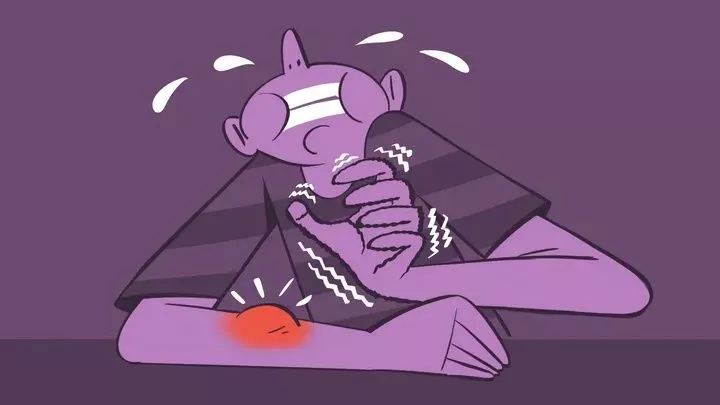
Experts Warn:
The One Behavior You Should Never Do After a Mosquito Bite
Doctors emphasize the importance of proper care to reduce itching and avoid infections.
Why Scratching Your Bug Bites Is a Big No-No
While it may be tempting to scratch a mosquito bite due to the itchiness, doctors strongly advise against it. Scratching can introduce harmful bacteria into the wound, leading to infections like cellulitis and impetigo. Additionally, excessive scratching can result in the release of more histamines, making the bite even itchier. Pamela Frabel, an associate professor, explains how scratching can worsen the itching sensation by triggering pain signals to the brain.
Effective Ways to Promote Healing
Apart from refraining from scratching, there are other steps you can take to expedite the healing process. Start by cleaning the bite with soap and water to prevent infections. Applying ice can help alleviate itching, inflammation, and swelling. Using an anti-itch or antihistamine cream like calamine lotion or hydrocortisone can also provide relief and prevent further scratching. In the absence of these products, a homemade paste of baking soda and water can be used to reduce itchiness. Monitoring the bite for any unusual symptoms and seeking medical attention if necessary are crucial steps to ensure a swift recovery.
It's important to stay vigilant for symptoms of mosquito-borne diseases such as Zika, dengue, and West Nile virus, especially if you experience fever, rash, severe headache, or confusion after being bitten. While most mosquito bites resolve on their own, proper care and attention can help prevent complications and promote faster healing.

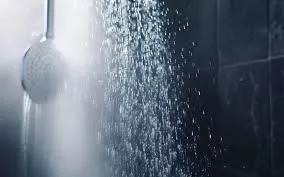
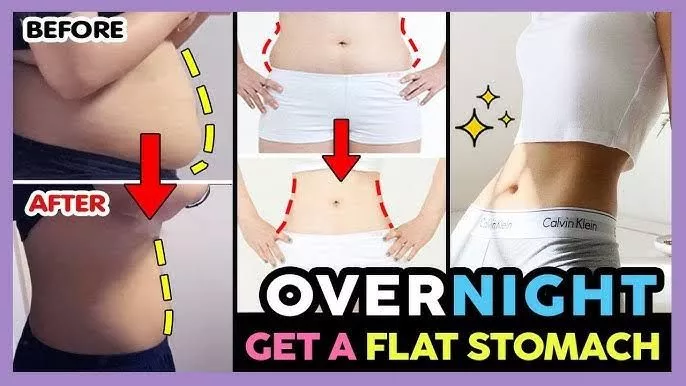
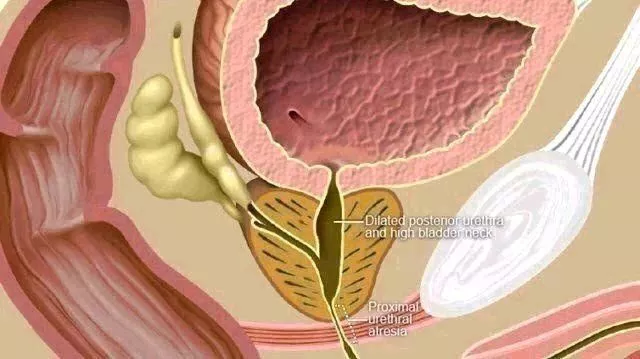

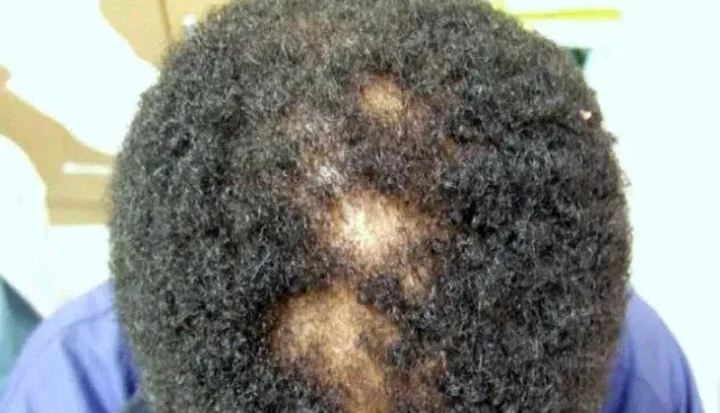
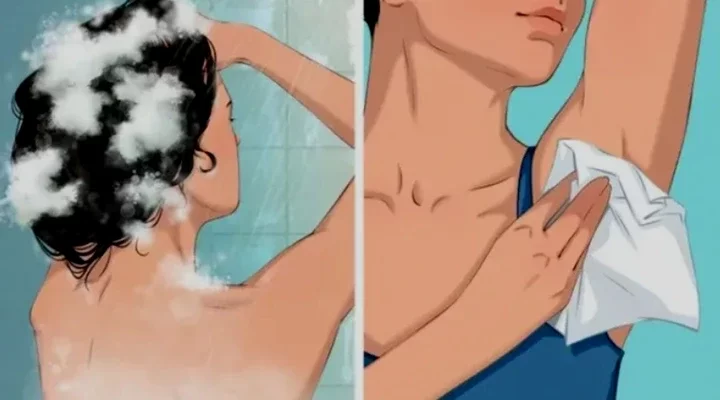









Comments